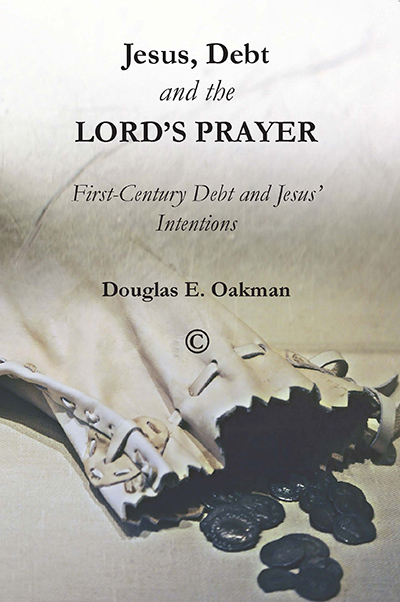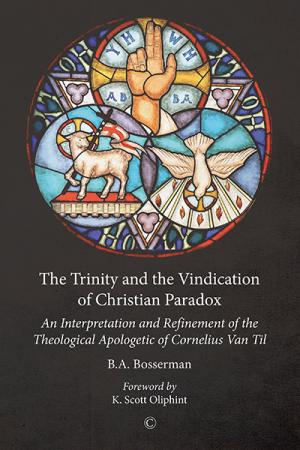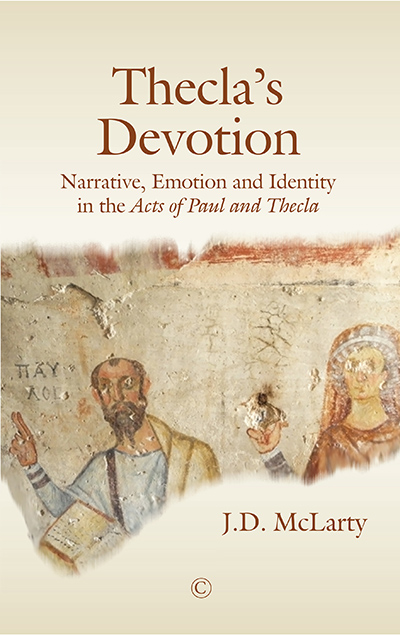Description
Deeply rooted in the story of Jesus of Nazareth is a concern for people mired in debt. Debt was a central control mechanism for the administration of the Roman Empire. Client states such as those of the Herods in Palestine were entrusted with maintenance of the established order, the Pax Romana, and their patronage entailed legions of the indebted. Debt kept peasants at their ploughs and contributed to the suffering bodies and tortured minds that Jesus healed. His parables and the Lord’s Prayer feature the forgiveness of money debts. In the end, his praxis to liberate people from perennial debt led to a Roman cross, but his memory was kept alive at the table around which he communed with tax collectors and debtors alike.
About the Author
Douglas E. Oakman has been with the faculty of Pacific Lutheran University since 1988. Prior to that he taught at Santa Clara University, the University of San Francisco, and San Francisco Theological Seminary. Oakman has published numerous articles applying the social sciences to biblical studies. He is the author of the award-winning Palestine in the Time of Jesus (2nd edition, 2008), Jesus and the Peasants (2008), and The Political Aims of Jesus (2012), among other titles. Oakman is an ordained minister on the roster of the Evangelical Lutheran Church in America.
Contents
Foreword by K.C. Hanson
Preface
Acknowledgments
Abbreviations
1. Introduction: Two Kingdoms, One Table – Jesus in Political Perspective
2. Jesus and Agrarian Debt
3. The Lord’s Prayer in Social Perspective
4. Jesus the Tax Resister
5. Conclusion: Need or Greed as the Proper End of Economics?
Bibliography
Index of Ancient Documents
Endorsements and Reviews
While the Lord’s Prayer is foundational for Christian belief and identity, no other scholar has done more in recent decades than Douglas E. Oakman to explore its original meaning in the context of Jesus’ life and ministry. With Oakman’s incisive and wideranging understanding of the first-century Palestinian world, that meaning comes to life in this volume as the inspiring and hope-filled expression of someone deeply and compassionately invested in the plight of the poor. Oakman brings the Lord’s Prayer to life for our world.
Philip F. Esler, University of Gloucestershire
Oakman has produced a book which demands your attention and is one to challenge your views.
Cavan Wood, in The Reader, Vol 114, No 4





